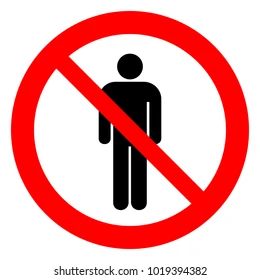Literally 1984
Hi everyone,
For my blog post this week, I decided to write on the dystopian novel 1984 by George Orwell, which I read a couple of months ago. It has often been considered a must-read book by many critics/reviewers for its role as a cautionary tale against authoritarian governments, and in my opinion, it has deserved its reputation.
Presumably set in 1984, Winston Smith, the protagonist, lives on Airstrip One (formerly the UK), a part of an enormous superstate called Oceania. He works for the Ministry of Truth, a governmental division ironically tasked with issuing propaganda. His job is to edit previously issued newspapers that later contradict with the government's statements, ensuring that the government will always be viewed as correct. Slowly throughout the book, he grows dissatisfied with the government after realizing the scale of the censorship, and this internal rebellion is further exacerbated once he begins an illegal relationship with another Party member, Julia.
So why is it a "must-read?" I'll be honest, it's not the most entertaining book. There are even some areas which I think would make the book better if they were cut out just because they're boring and serve no particular purpose to advance the plot. That being said, 1984 contains some parallels between its world and our current world that I think are particularly important to highlight.
For example, language plays a major role in 1984, and it does in our world too. In Oceania, the government tightly controls language by creating new terms in a language called "Newspeak," which is intended to dumb down people's vocabulary so that there are not enough words to express your ideas. While there's no equivalent of a government-created language that dumbs down words (at least in the US), language absolutely plays a role in the way that people think critically. Think of the Russian government calling the Ukraine invasion a "special military operation," or maybe how the US military calls civilian deaths "collateral damage," all terms that are meant to make people think less critically about their government's actions. We're also having an election right now, which means it's especially important to be able to see through the language that our political candidates use, and be able to come to your own conclusions about their statements.
Things like that are why I think 1984, a seventy-five year old book, is still so influential in our culture today. It reminds us that we are not living in a world that is 100% safe from dystopia; that in fact, we are probably closer to it than we're comfortable with. So yes, in my opinion, 1984 has deserved all of its praise because it achieves that "cautionary tale" goal in a timeless way that brings it uncannily close to our current world, and is why I recommend you to read it sometime in your life.
Thanks for reading,
Jayden 👹


I see no picture Jayden 😤
ReplyDeletesorry pookie
DeleteI watched the 1984 movie. Reading this makes me want to check out the book!
ReplyDeleteI think its really neat you connected the book to our current situation with the election and all... Its always so satisfying to see the parallels!
ReplyDeleteThe whole dumbed down language sounds like the opposite of what I thought a government would do, but it's interesting how you connected the book with our lives with the recent election and everything that happened with it.
ReplyDeleteI like your take on this book. I read 1984 as well and enjoyed it.
ReplyDelete